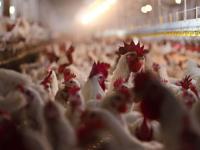COVID-19: Oxford university vaccine trial on pigs gives positive results
By Lokmat English Desk | Published: June 24, 2020 03:33 PM2020-06-24T15:33:31+5:302020-06-24T15:33:31+5:30

Hopes of a coronavirus vaccine were raised today after scientists found giving two doses of one of the most promising candidates offers more protection against the disease than just one.
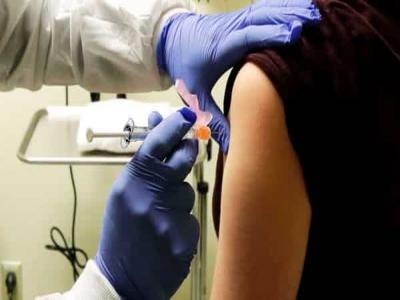
Researchers gave pigs Oxford University's experimental jab, which is currently being trialed on humans to determine whether it is safe and effective.
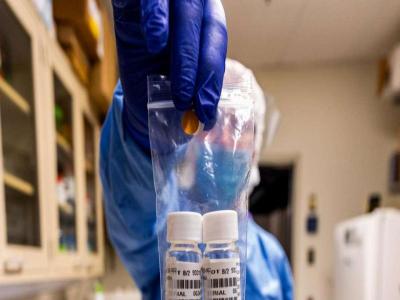
Results showed pigs given two doses — known as a 'prime' and then a 'boost' — produced more antibodies, substances made and stored by the immune system to fight off a pathogen in the future.

It is not uncommon for a jab to be split into two doses - it is done with the measles, mumps and rubella (MMR) vaccine and the pneumonia jab given to babies. The Oxford University vaccine, being developed by AstraZeneca and called AZD1222, is currently being trialed on humans. No evidence yet exists to prove it works — even though the pharmaceutical giant has already began mass-manufacturing it.
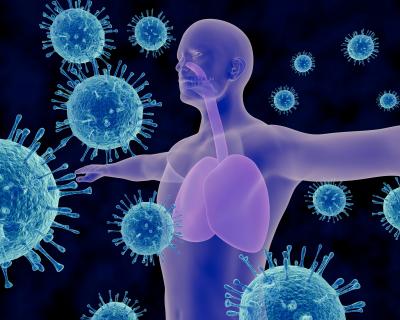
It comes as it was revealed yesterday one of the scientists working on the vaccine played down hopes that it could be rolled out in September, which had been set as a 'reasonable target date'. Professor Adrian Hill said the 'best scenario' would now be for it to be delivered from October. That delay would be closer to winter, when the flu season coinciding with a second peak of coronavirus could threaten to overwhelm hospitals.
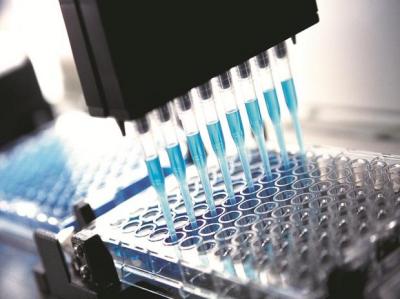
Scientists around the world are racing to find a vaccine, which is considered to be the only way to safely stop the pandemic and end draconian lockdowns designed to contain the virus. But experts fear one won't be ready until 2021.
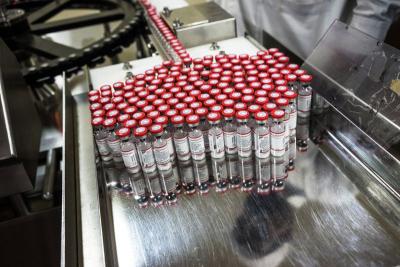
UK Health Secretary Matt Hancock last week announced frontline NHS and social care workers, over-50s and Britons with heart or kidney disease would be the first in line to get a Covid-19 vaccine.
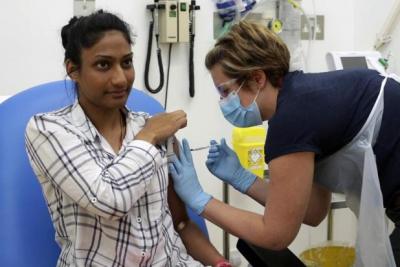
The AZD1222 vaccine was tested by academics at the Pirbright Institute, a research institute dedicated to studying infectious diseases in farm animals. AstraZeneca's chief executive has already admitted he believes the vaccine — which will be trialed on 10,000 humans — will offer protection for a year.
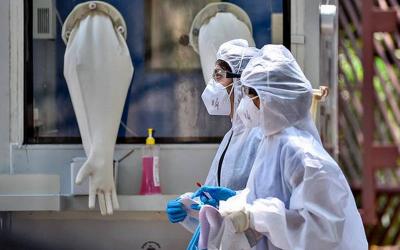
But no concrete evidence about long-term immunity currently exists because the virus, called SARS-CoV-2, has only been known to science for six months. Pigs were chosen for the Pirbright research because swathes of studies have shown they produce human-like antibody responses to flu vaccines.

They are also more similar to humans than other animals routinely used in scientific testing, such as mice, because they weigh similar amounts. Researchers wanted to test whether giving two doses of the vaccine — how the MMR jab is proven to work — provoked a stronger immune response. Pigs given two doses had higher levels of neutralising antibodies, substances made by the immune system to block the virus from infecting cells. The pigs were split into two groups. Both received an initial dose of the vaccine and one group got an identical booster immunisation on day 28. For the MMR jab, the delay is much longer. Children are meant to get the first dose of at one before getting a top-up shortly after turning three.


















